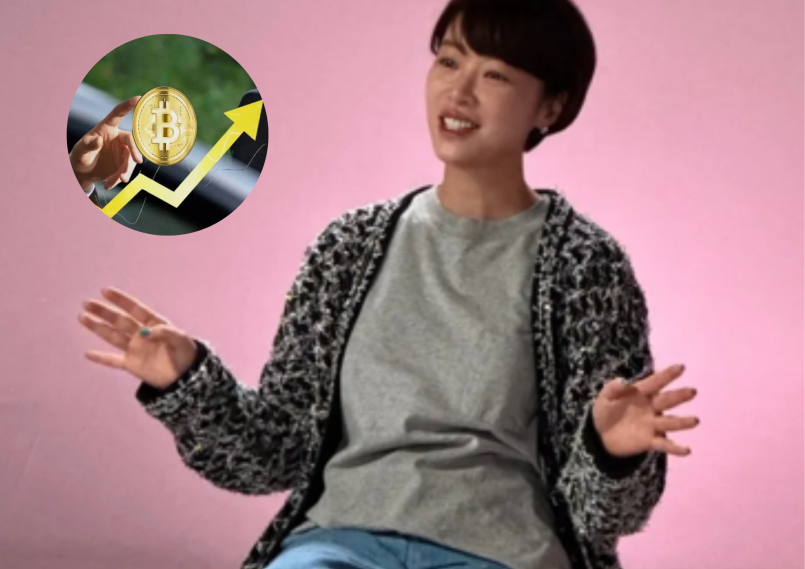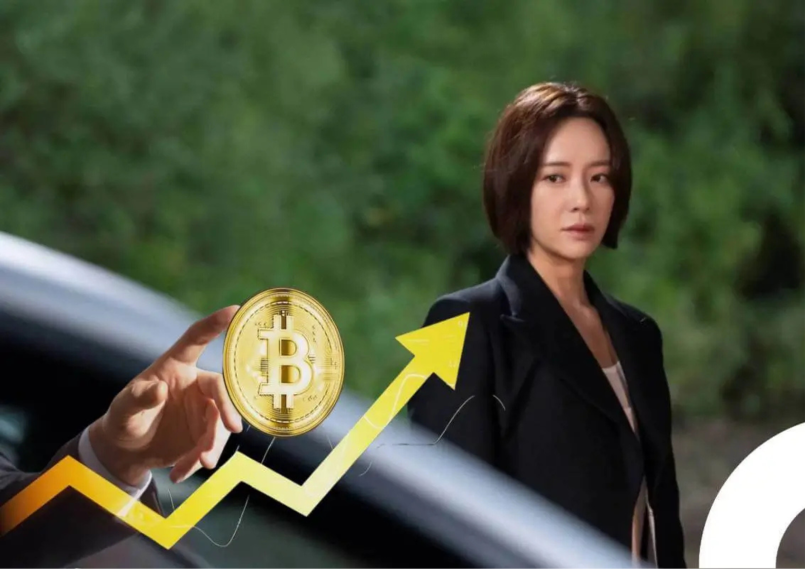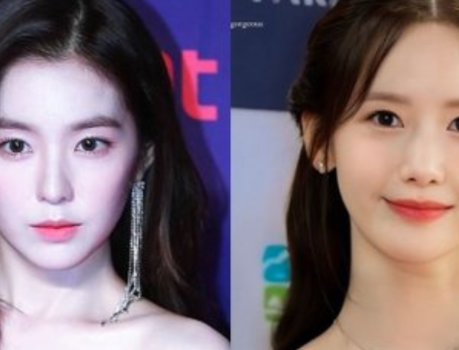South Korean actress Hwang Jung-eum publicly apologized Wednesday after admitting in court to embezzling ₩4.34 billion KRW (approximately $3.1 million USD) from her own agency to invest in cryptocurrency, as the fallout from the scandal continues.

The "She Was Pretty" star appeared for her first trial on May 15 at the Jeju District Court.
Prosecutors charged Hwang under the Act on the Aggravated Punishment of Specific Economic Crimes, alleging that she siphoned company funds between early 2022 and December of that year.
The funds were used to purchase various cryptocurrencies.
According to the indictment, Hwang diverted ₩700 million KRW in what she claimed was an advance payment and later used that sum to invest in digital assets.
In total, ₩4.2 billion of the embezzled funds were invested in cryptocurrency under her personal name, as Korean corporate law prohibits companies from directly holding such assets.
"There is no dispute regarding the facts of the indictment," her legal team stated in court.
The defense argued that since the agency is solely owned by Hwang and its revenue is derived entirely from her entertainment work, the money could be seen as closely tied to her personal income.
Her attorneys also noted that some losses had already been recovered through partial coin sales and that Hwang is working to repay the rest through real estate liquidation.
On the same day as her court appearance, Hwang released a public statement acknowledging the wrongdoing and apologizing for her actions.
"I'm deeply sorry for causing concern over such a shameful matter," she said. "
The entertainment agency involved is a family-owned company in which I hold 100% of the shares, and no other entertainers have ever been signed to it.
All of its profits came solely from my personal activities."
She added that in 2021, a close acquaintance encouraged her to grow the company's assets via cryptocurrency investment.
"Wanting to build the business, I made the poor decision to invest company funds into crypto funds that, while under the company's name, were essentially earnings from my own work," she said.
"Although I suffered losses from the crypto investment, I take some comfort in the fact that there were no third-party victims. I own 100% of the company shares, there are no other creditors except banks with secured claims, and no other celebrities were affected."
Despite the apology, the public and commercial fallout has been swift.

On May 15, Daesang WellLife's health food brand New Care pulled all advertisements featuring Hwang from YouTube and social media platforms.
The move came just three days after the launch of a promotional campaign tied to the cast reunion of the hit sitcom "High Kick Through the Roof," in which Hwang was prominently featured.
In print ads, Hwang was removed from the layout, and a fan interaction event was also abruptly canceled, with the company citing internal scheduling adjustments.
Hwang's case is drawing significant attention not only due to her celebrity status but also because it marks a rare, large-scale crypto-related financial crime involving a South Korean entertainer.

While some public figures have casually referenced crypto investments in the past, the extent of Hwang's losses — and her use of company funds — is unprecedented in the industry.
The court has allowed time for further repayment before proceeding with sentencing. A date for the next hearing has not yet been announced.
Hwang, a former K-pop singer-turned-actress, is best known for her roles in dramas such as Kill Me, Heal Me and She Was Pretty.












